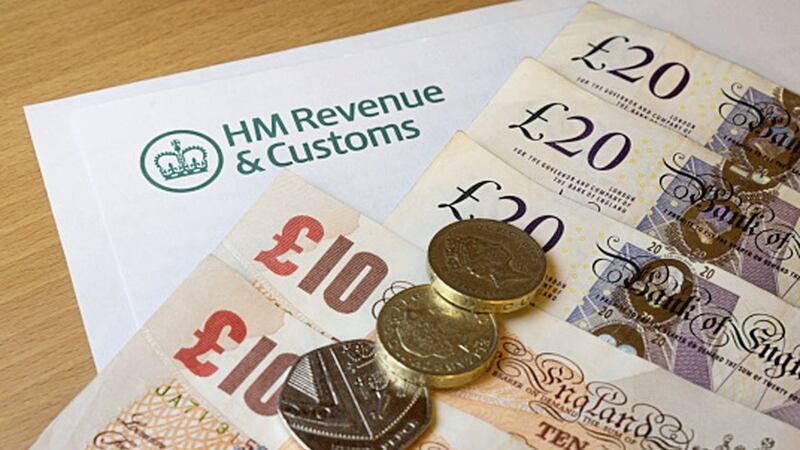QUESTION: I have received my tax credit renewal forms to complete before July 31 2019. If I completed one last year and there are no changes to my circumstances, do I still need to complete the form?
ANSWER: Tax credits claims last for a maximum of one tax year from April 6 to following April 5. Once you have made your claim you do not have to keep filling in new claim forms each year.
HMRC will automatically send you a set of 'renewal' papers, and so long as you do what you are asked within the time limits requested, the legislation treats you as having claimed again for the new tax year. Although called the ‘renewals process’ not everyone wants to or needs to renew their claim. However, you still need to complete any forms sent to you as the process is also used to finalise the claim for the tax year that has just finished.
The UK Government is gradually introducing universal credit, a new benefit which will eventually replace tax credits, and some social security benefits. Existing tax credit claimants are expected to move across to universal credit between 2018 and 2021.
For people who had their tax credits claim stopped and who went on to claim universal credit during 2017/18, HMRC should have already finalised the 2017/18 claim and so no renewal pack should be issued. People who claim universal credit during this renewals period may find they have two packs to complete: one to finalise the claim for 2017/18 and the other to finalise the claim for the current year (2018/19).
The renewal process aims to finalise your entitlement for the year just gone (the current year) with what you have been paid, and to renew your tax credit claim for the coming year.
Your claim for the current year was based initially on your circumstances for that year, and your income for the year before (the previous year). One of the functions of the renewal process is to establish your actual income for the current year, and to review any changes of personal circumstances during it, so that your final entitlement for that year can be worked out.
So long as renewal papers are returned by the deadlines, claims are treated as made for the new tax year and are backdated to April 6. While the renewal process is going on, you will continue to be paid on the basis of your last known income and circumstances in the current year (that is, the tax year just gone). So provisional payments for 2019/20 reflect the income and circumstances last reported in 2018/19. It is important to complete the renewal forms quickly so as to re-establish the award for 2019/20 on the basis of the latest information and to get the rates and thresholds for that year. When the renewal process is complete, provisional payments are replaced by payments under an initial award for the new tax year.
The deadline for return of renewal papers that finalise the 2018/19 tax year is the July 31 2019. If you cannot supply complete details of your 2018/19 income by the deadline, for example if you are self-employed and are still waiting for your accounts to be finalised, an estimate is acceptable. The important thing is to return an estimate by that date. If you give an estimate, you should confirm it, or supply actual figures, by January 31 2020.
If you do not renew by July 31 then your award may be terminated. Failure to renew means that no new claim is made for 2019/20. Consequently, any provisional payments received from April 2019 will become overpaid and HMRC will seek to recover them from you.
:: Feargal McCormack (f.mccormack@pkffpm.com) is the managing director of PKF-FPM Accountants (www.pkffpm.com). The advice in this column is specific to the facts surrounding the question posed. Neither the Irish News nor the contributors accept any liability for any direct or indirect loss arising from any reliance placed on replies.







